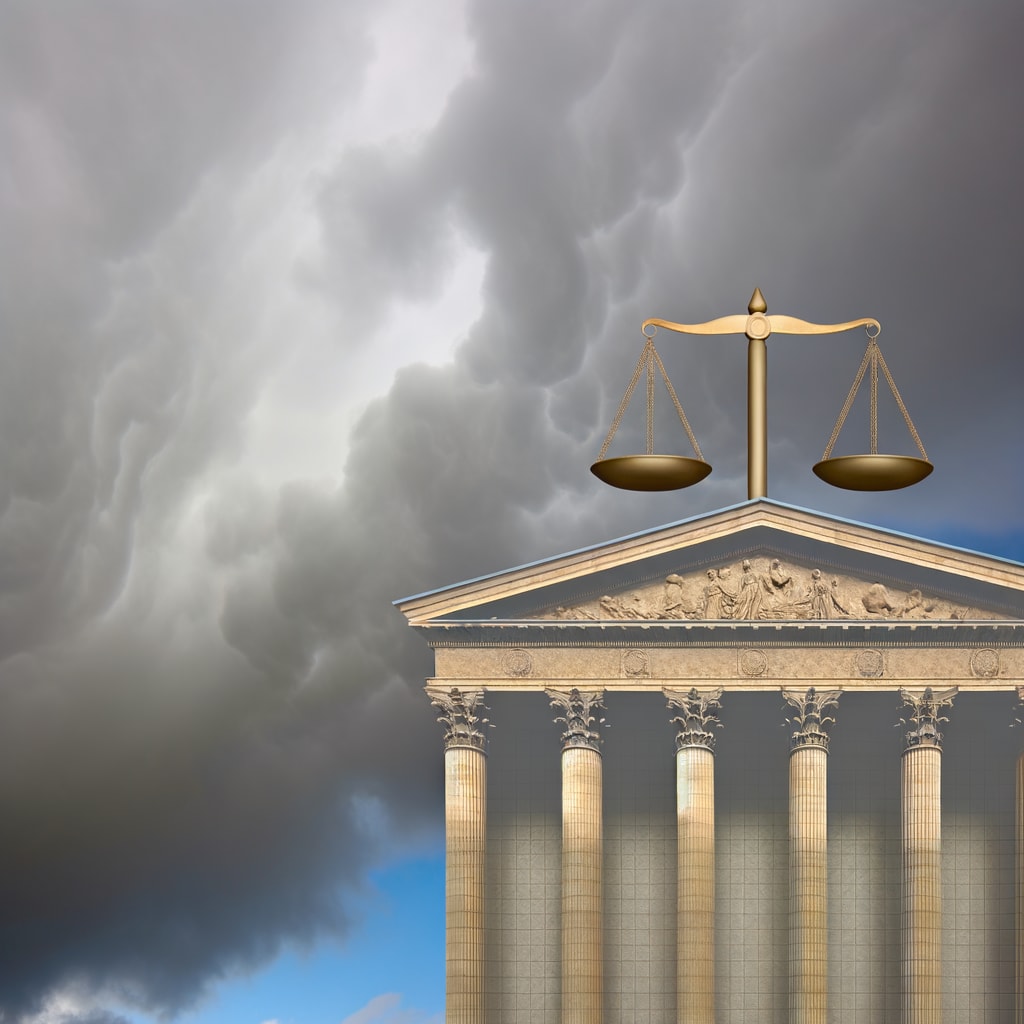Trump's Attempted Takeover of D.C. Police Sparks Legal Battles and Bipartisan Backlash
President Donald Trump's controversial decision to federalize Washington, D.C.'s Metropolitan Police Department has ignited fierce backlash, legal battles, and a debate about the limits of federal power. The Trump administration's move, which was announced on Monday, was triggered by what the President described as an unchecked rise in youth violence and criminal activity in the nation's capital. However, the decision has since been challenged by city leaders, the D.C. attorney general, and Congressional Democrats, who argue that the move oversteps the President's legal authority.
The Context
Trump's decision to take emergency control of the D.C. police force was announced under the District of Columbia Home Rule Act, which allows for such a move in times of crisis. The President cited the city's escalating crime rates, including the beating of a former Department of Government Efficiency staffer and the murder of a congressional intern, as the catalyst for his actions. Our capital city has been overtaken by violent gangs and bloodthirsty criminals, roving mobs of wild youth, drugged-out maniacs and homeless people,
Trump said during his announcement.
Opposition and Legal Challenges
City leaders, local police, and various legal entities have expressed their opposition to the President's decision. The attorney general of Washington, D.C., has filed a lawsuit arguing that Trump's takeover goes beyond his legal power. This sentiment has been echoed by the city's legal chief, who called the move the gravest threat to autonomy from federal power in decades.
An additional lawsuit from the city of Washington sought to block the takeover, describing it as a hostile takeover
of the police force by the Republican president. This legal action was also backed by Congressional Democrats, who began legislative action to end Trump's control of the D.C. police, despite a low likelihood of success given Republican control of Congress.
Agreement and Current Status
Despite the ongoing legal battles, an agreement between the city of Washington and the Trump administration has been reached. Under the agreement, the current D.C. police chief, Pamela Smith, will remain in command of the Metropolitan Police Department. This decision reverses the Trump administration's initial plan to install a new leader as part of its efforts to put the agency under federal control.
In their announcement, Trump administration lawyers conceded to allowing Smith to remain in charge. This move followed the lawsuit that challenged the Justice Department's attempt to widen control of the D.C. police, marking a significant step back from the Trump administration's initial plans.
Conclusion
The attempted takeover of the D.C. police department by the Trump administration has sparked significant controversy and a series of legal battles. Despite the ongoing disputes, an agreement has been reached to keep the current D.C. police chief in command. However, the broader implications of this attempted takeover and the backlash it has generated continue to unfold. The situation serves as a potent reminder of the ongoing debates around the balance of power between federal and local authorities, particularly in the context of law enforcement.

